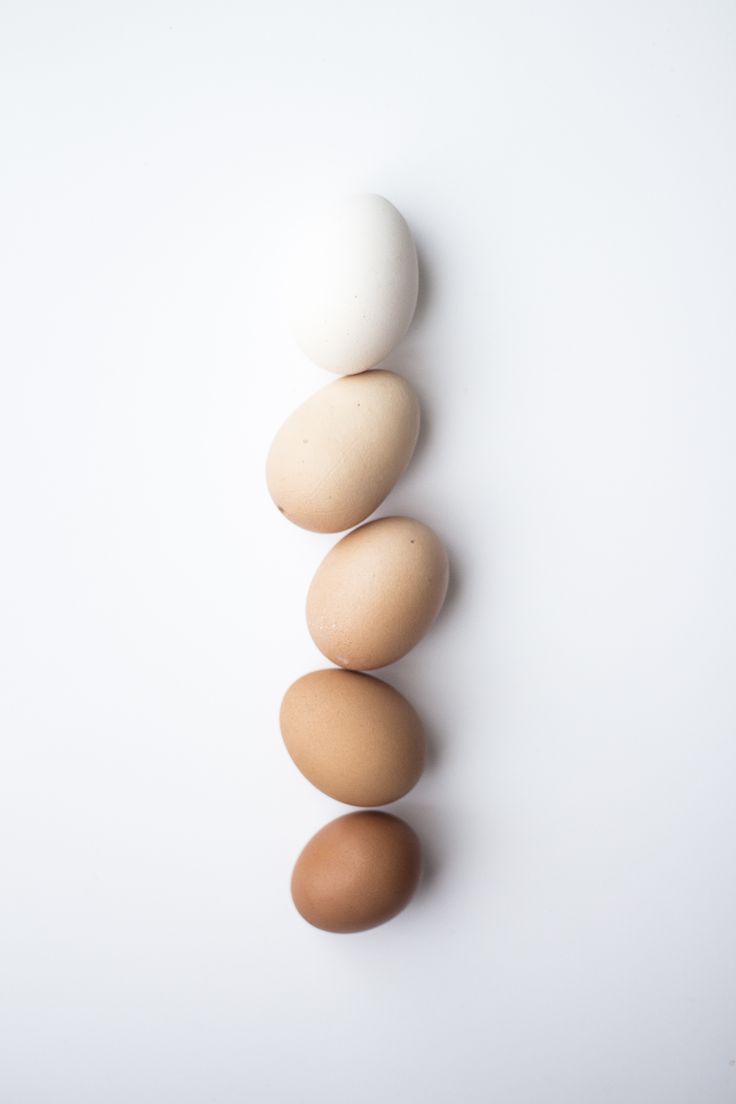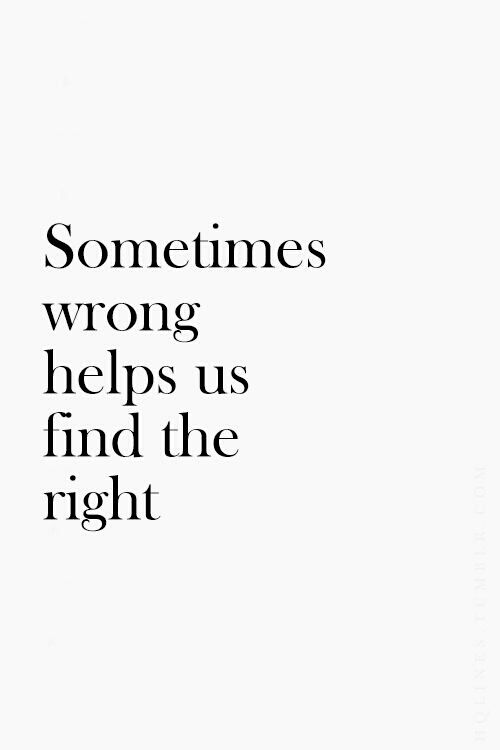Applied Imagination
As humans, we are naturally curious individuals. I know I love to learn and discover - hence my post a few weeks ago about podcasts. I've grown quite fond of the TED Radio Hour podcasts and recently listened to an episode titled "The Source of Creativity". While most of the episodes get me thinking, this one in particular made be evaluate my own circumstances and how I cultivate creativity.
Creativity. What comes to mind when you think of creativity? I gravitate towards professions - painters, musicians, and dancers. The definition, however, is closer defined as applied imagination. I suppose the application of imagination can be thought of as a profession, but it takes so much more than application to turn creativity into a career.
What I find incredibly interesting about creativity is the role it takes on through-out our lives. As children, creativity is second nature. Kids are not frightened of being wrong. They jump in head first with no fear of what may be on the other side. They ask questions freely and offer suggestions even when a path has been established. When in life, then, does fear take over and cloud our creativity? According to Ken Robinson in his "Do schools kill creativity" TED talk, "We stigmatize mistakes. We're running national education systems where mistakes are the worst thing you can make. And the result is that we are educating people out of their creative capacities". If we are not prepared to be wrong, how will we ever come up with anything original? As kids become adults, this thirst for the unknown is stifled and fear of the unknown takes root.
I had never thought of education as a killer of creativity, but it does raise some questions as to why our education system is predicated on the idea of academic ability. I like to think that I was seen as a "good student" growing up. I, for one, loved math and science. Calculus all day every day. Nerd alert! When I think back on it, I suppose that love is partially why I was seen as a "good student". I fit well with the idea of academic ability. What if I had hated math and only wanted to draw or dance all day long? Those skills shouldn't have made me any less able, but I, too, believed that drawing and dance wouldn't put food on the table.
Around the world, there were no public systems of education before the 19th century. They all came into being to meet the needs of industrialism, therefore, the school subjects deemed most useful to fuel industrialism rose to the top. At the top of the hierarchy were mathematics and languages, then the humanities, and at the bottom the arts. What seems crazy is that the hierarchy is exactly the same today. On top of that, more people worldwide are graduating through education than since the beginning of history - likely focused in mathematics and languages. Why? Well I know I was always told that is how I would find a job. STEM - science, technology, engineering, math. So how many people are getting degrees in these fields just because it means they might have a greater chance of landing a job versus actually LIKING what they do? That creativity we were talking about? I doubt too many people are going to be encouraged to think creatively when they're forced to do a job they don't enjoy. The consequence is that many highly-talented, brilliant, creative people don't pursue their passion because the thing they were good at in school wasn't valued.
Since entering the professional world, I have been inundated with terms such as innovation, development, and improvement. I think it boils down to companies searching for creativity. We are all searching for the very thing we have been educating ourselves out of since kindergarten. Funny how that works, isn't it?
This blog has been a wonderful creative outlet for me over the past year, but I plan to take a more proactive approach to foster my creative abilities. Maybe I'll start playing flute or violin again, practice yoga, or take a photography class. Creativity comes about through the interaction of different disciplines, and I believe that our best work comes when we integrate all of our skills to formulate a hypothesis. Let's ask the questions and set fear aside. As they say...


